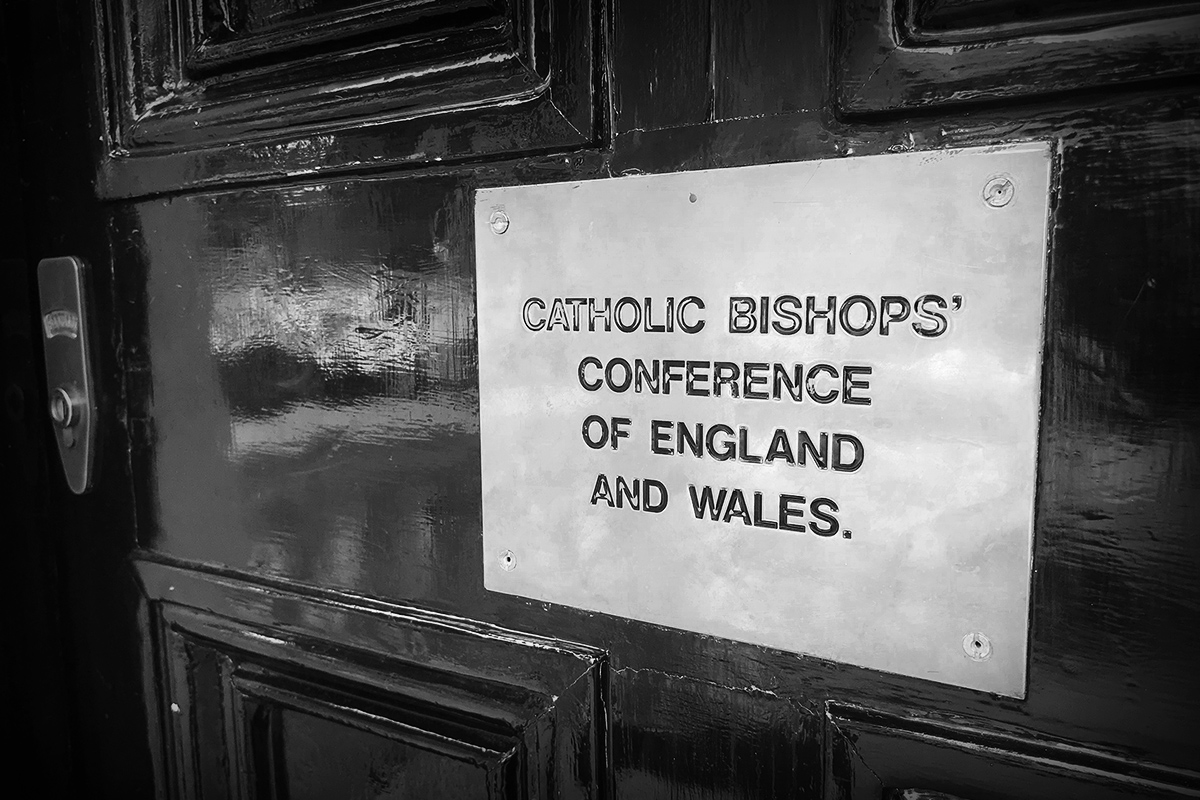
Ahead of Anti-Slavery Day, 18 October, former UK Independent Anti-Slavery Commissioner and recently appointed Senior Advisor to the Santa Marta Group, Kevin Hyland OBE, has called for the government to deliver on promises made to victims of modern slavery.
Speaking of the founding legislation – the 2015 Modern Slavery Act – Mr Hyland explained that it can only be seen as truly victim-centred if properly enacted:
“The legislation is not achieving what we all hoped it would. We may have world-leading legislation, but do we have leading implementation that helps people?
“If we support people right then the chances of catching criminals are greatly increased because they will trust us, and other people are more likely to come forward.”
Under the National Referral Mechanism (NRM) – a key part of the Modern Slavery Act – officials have five working days from receipt of referral to decide whether there are reasonable grounds to believe an individual is a potential victim of human trafficking or modern slavery.
If the decision is affirmative then the potential victim will be allocated a place within a Government funded safe house (if required) and granted a recovery period of 45 days. Following this a conclusive ground decision is made and survivors are provided with further ‘move on’ support.
While the Santa Marta Group welcomes the Government’s confirmation that the increase from 14 days to 45 days ‘move on’ support, will start in early 2019, greater reforms still need to be implemented.
In March 2018, the government announced that weekly subsistence payments to victims during the 45-day reflection period would be cut by more than 40% – from £65 to £37.75.
“What is shocking [the cut in support] is that a number of support agencies have contacted me saying that it’s got to the point where people can’t even do things like go to church – where they’re used to getting help and support – because they can’t pay for the bus or the train.”
The Catholic Church advocates for the care of survivors to be at the heart of all work to combat modern slavery – a core part of recognising and restoring a person’s human dignity. Kevin Hyland stressed the importance of a victim-centred approach to “turn victims into survivors” and highlighted the need for government to lead by example on supply chain transparency:
“One key element of the Act is supply chain transparency – it doesn’t apply to government procurement and government services. If you consider that, across the world, one in five units of currency spent is spent by government, then if we can make sure that money is ethically spent, then we’ve got a chance of really achieving change on this.”